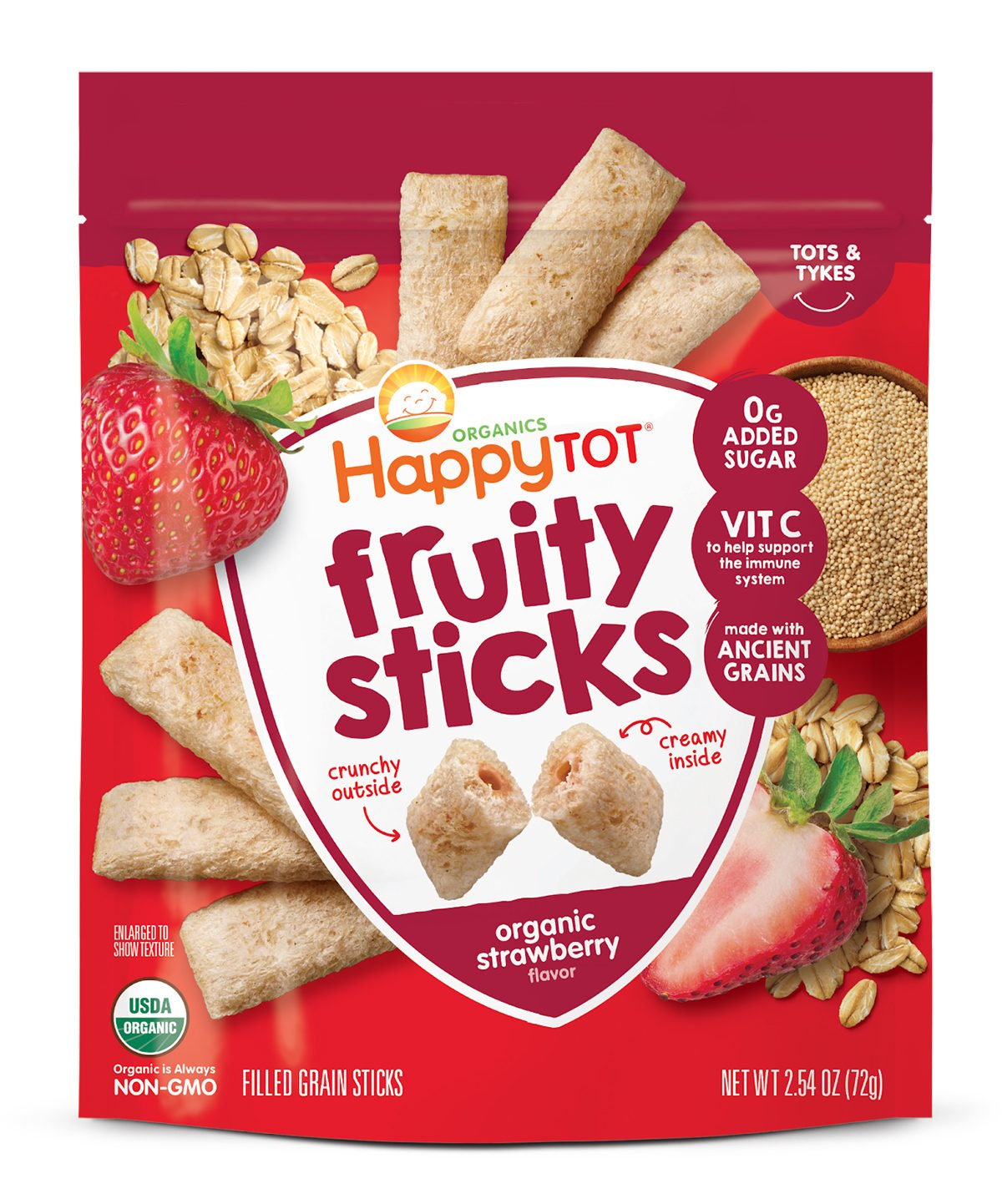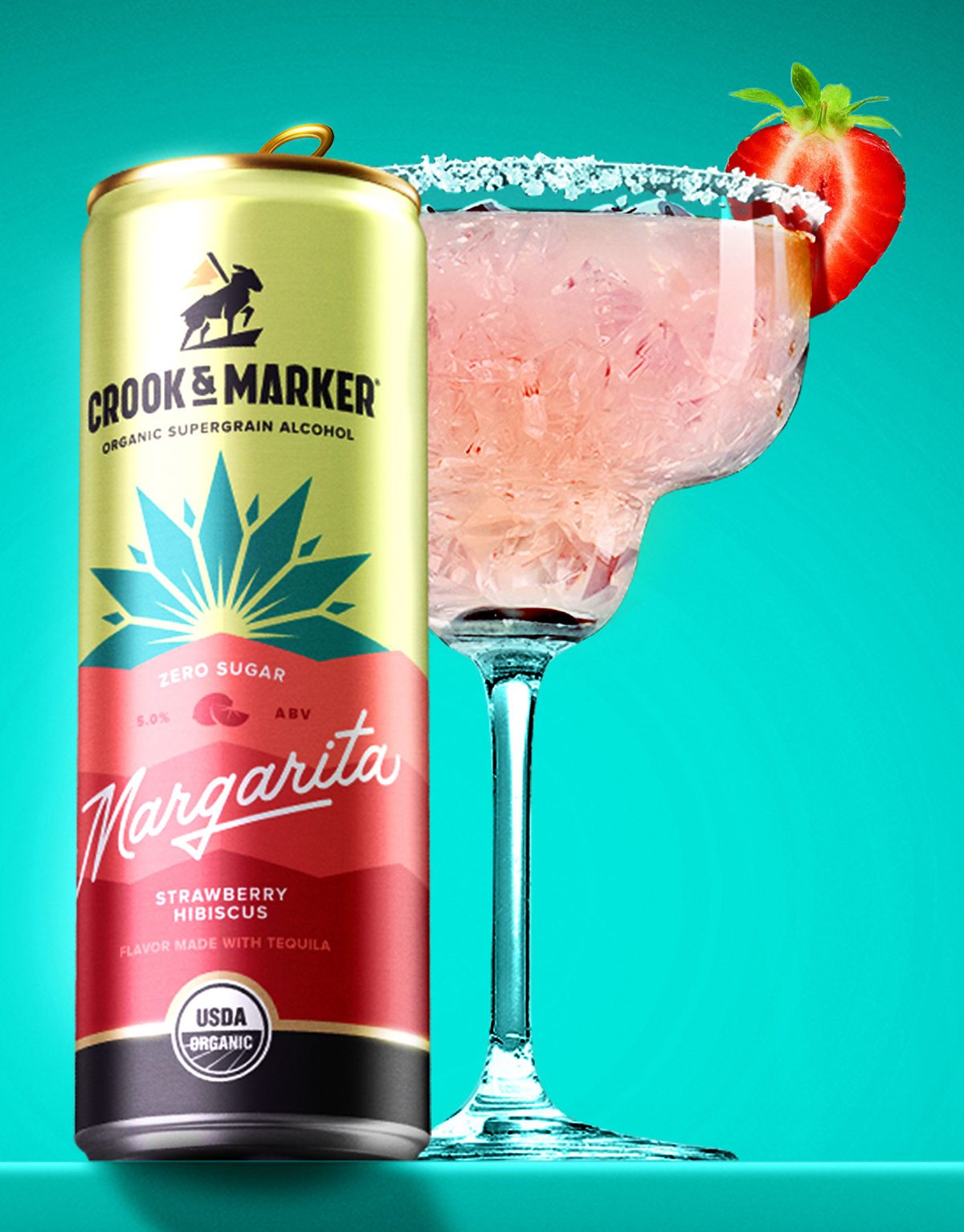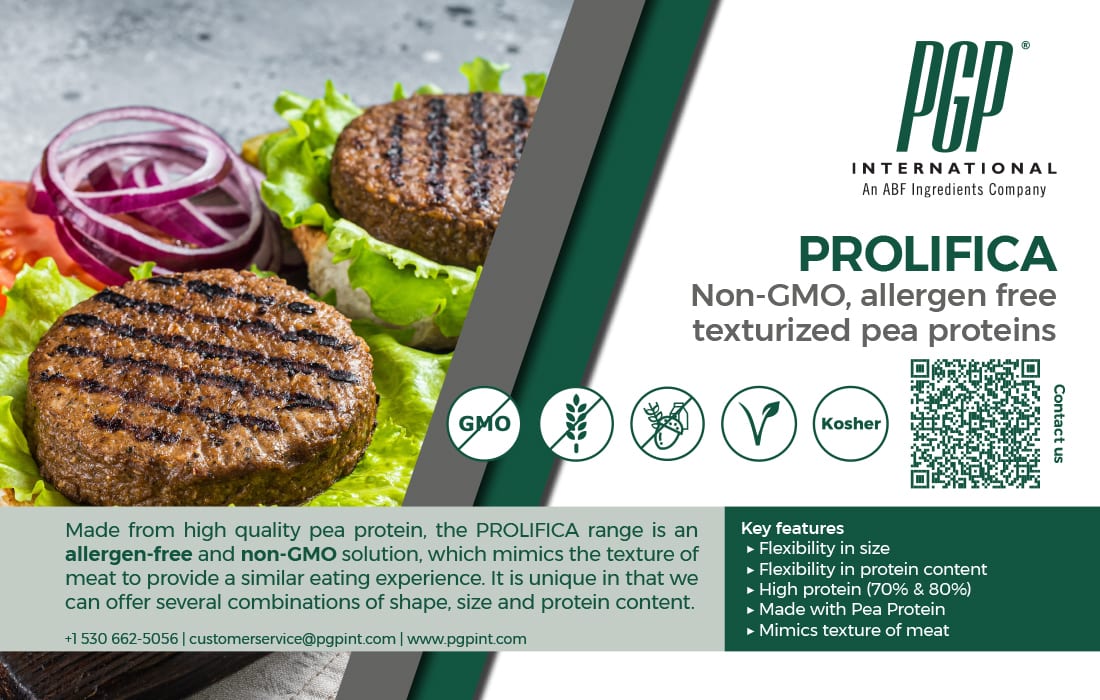June 2022
Natural Appeal
Consumers associate natural, organic with “clean label.”
Part 1
Natural and organic claims have been selling points for foods and beverages for decades. They are particularly effective for consumers seeking quick labeling shortcuts that help them identify “clean” foods. In fact, consumer research conducted by Innova Market Insights consistently shows that consumer definitions of natural and of clean label are very similar. Furthermore, many consumers believe that natural products also are organic.
Natural and organic weave through Innova’s Top 10 Trends predictions every year. While related trends have evolved since 2016 – natural flavors, no additives/preservatives, clean label, supply chain transparency, sustainability – clean and natural attributes always have a place. In fact, several of this year’s trends encompass natural and organic, including “Shared Planet,” for social responsibility around environmental issues, and “Back to the Roots,” a nod to the increasing value of the functionality, freshness and authenticity of local food.
By LU ANN WILLIAMS, Contributing Editor
Photo courtesy of AlexRaths / Getty Images

Consumers associate natural, organic with clean label
Consumers often are not aware that the terms natural and organic differ in meaning. Organic labeling is highly regulated in North America, with similar certification requirements in the US and Canada. In contrast, the term natural is not clearly or consistently defined for use on packaging.
For the record, the Innova database classifies natural foods and beverages as those with a label claim or description stating that they are natural, made from natural ingredients, or 100% natural. Meanwhile, consumers perceive natural products as having no additives, preservatives, artificial colors or artificial flavors and being healthy, safe, and better for the environment. They also believe that organic foods and beverages are healthier than other products.
Consumer surveys conducted by Innova Market Insights during the past two years demonstrate a range of perceptions regarding natural and organic. In the 2020 Innova Health & Nutrition Survey, consumers most associated the concept of “clean” labeling/eating with natural and organic ingredients, as well as no additives/preservatives. At least 60% of the consumers surveyed from 10 countries say it is important or very important to choose natural foods for their inherent nutrition as part of healthy eating.
Given the level of concern parents have for their children’s health and safety, it is not surprising that baby and toddlers product launches lead other categories with organic claims, accounting for one in six 2021 launches. Among new products from Nurture Inc. (Happy Family) are new organic certified snack sticks for toddlers. Photo courtesy of Nurture Inc.

Naturalness was named as the top reason for increasing consumption of organic products. One-third of respondents consider it healthier to buy organic and at least one in five consumers surveyed say they buy organic products to avoid pesticides, because they trust organic and because they taste better.
The 2020 Innova Category Survey asked consumers to name up to three important factors from a list of 22 factors that influence purchasing decisions in 29 product categories. Naturalness and the absence of additives averaged out as the second and third most important factors after product safety. Organic and non-GMO positionings were also in the top 10. This put them ahead of indulgence and the many specific health and wellness factors.
Segmented by generational group, Boomers are most likely to name natural or additive-free as key influences on their purchasing choices. However, interest in more specific natural sourcing strategies (e.g., certified organic or non-GMO) appears to be highest among Millennials (26-35) and young Generation X (36-45).
Natural sweeteners are enjoying growing popularity, with high-intensity sweeteners stevia (and its steviol glycosides) and monk fruit experiencing solid expansion during the past several years. Crook & Marker uses organic natural flavors and organic stevia leaf extract. Photo courtesy of Crook & Marker LLC


Consumers often are not aware that the terms natural and organic differ in meaning. Organic labeling is highly regulated in North America, with similar certification requirements in the US and Canada. In contrast, the term natural is not clearly or consistently defined for use on packaging.
Surveys conducted in 2021 included questions pertaining to natural and organic. The Innova Health & Nutrition Survey asked respondents how they would categorize their predominant approach to healthy eating. Nearly one-quarter report choosing natural foods for inherent nutrition and nearly one-fifth choose natural to avoid additives and preservatives. In the Innova Lifestyle & Attitudes Survey, 41% say natural ingredients are most important to them in a healthy food or beverage, ranking second after freshness. Respondents in the Innova Meat, Dairy & Alternative Protein Survey associate closely plant-based eating with naturalness and sustainability. End of Part 1
June 2022


